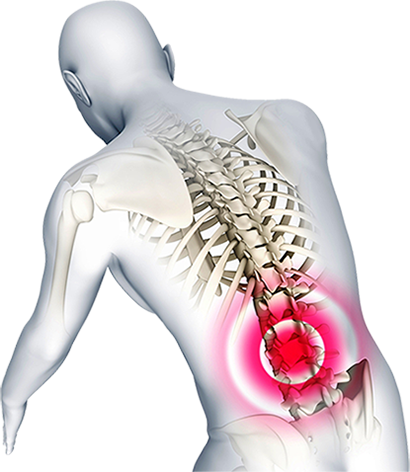Ile powinienem podnosić w pracy i co uważam za nadmierne?
Adwokaci „Hanahoe i Hanahoe” są specjalistami w zakresie odszkodowań osobistych *. Przez lata z powodzeniem reprezentowaliśmy ogromną liczbę pracowników, którzy odnieśli poważne obrażenia w wyniku nadmiernego i nieuzasadnionego podnoszenia wymaganego w pracy. Co to jest nadmierne podnoszenie i jakie są racjonalne wymagania co do podnoszenia w pracy?
Większość pracowników przechodzi obecnie szkolenia w zakresie obsługi manualnej. Jednak często szkolenia te są nieodpowiednie lub ignorowane czy też niemożliwe do przeprowadzenia ze względu na obowiązki, jakie pracownicy muszą wykonywać w pracy.
W broszurze wydanej przez organ promujący zdrowie i bezpieczeństwo wydanej w 2005 r. “Wytyczne dotyczące zarządzania wykonywaniem czynności manualnych w miejscu pracy” wyraźnie określono zalecenia dotyczące wagi ciężarów, których mężczyźni i kobiety powinni z uzasadnionych powodów oczekiwać pracy. W przewodniku tym zaleca się, że mężczyźni powinni podnosić nie więcej niż 10 kg powyżej wysokości ramion. Na wysokości łokcia limit wynosi 25 kg. Limity te dotyczą tylko sytuacji, gdy jesteś w stanie podnieść przedmiot blisko ciała. Jeśli podczas podnoszenia musisz wyciągnąć ręce, powinieneś podnosić tylko 5 kg powyżej wysokości ramion i 15 kg na wysokości łokci. Wytyczne dla kobiet wynoszą 7 kg na wysokości ramion (3 kg, gdy ramiona są rozciągnięte) i 13 kg na wysokości łokci (7 kg, jeśli ramiona są rozciągnięte).
Podnoszenie ciężarów nad głową nie jest w ogóle uwzględniane przez przewodnik, ponieważ ryzyko spowodowania obrażeń przez pracownika jest uważane za zbyt duże. Zauważono również, że częste lub długotrwałe podnoszenie powyżej wysokości ramion jest szczególnie niebezpieczne. Przewodnik zaleca, aby pracownicy, którzy wykonują taką pracę, mieli częste przerwy na odpoczynek, a tempo pracy, do jakiego są zobowiązani, nie powinno być nadmierne.
Niestety, te wytyczne często są nie przestrzegane przez pracodawców i spotykamy wielu klientów, którzy odnieśli poważne obrażenia kręgosłupa w wyniku nadmiernego podnoszenia wymaganego w miejscu pracy.
W celu uzyskania dalszych informacji prosimy o kontakt z radcami „Hanahoe i Hanahoe” w naszym biurze w Naas pod numerem 045 897784 lub w biurze w Dublinie pod numerem 015255637 lub pod adresem info@hanahoeandhanahoe.com
Ten artykuł służy jedynie do celów informacyjnych i nie jest, i nie powinien być traktowany jako porada prawna. Jeśli masz jakiekolwiek pytania dotyczące tego lub innego aspektu obrażeń ciała, skontaktuj się z nami. Nie ma żadnej relacji typu adwokat i klient, ani żadnej odpowiedzialności pomiędzy kancelarią prawną ‘Hanahoe i Hanahoe’ a tobą, dopóki nie otrzymasz pisemnego potwierdzenia, że działamy jako prawnicy w twoim imieniu.
* W sprawach spornych adwokat nie może wymagać honorarium ani pobierać dodatkowych opłat będących procentem bądż częścią jakiejkolwiek nagrody lub ugody.








 For further information in relation to personal injuries* caused by a dog attack or indeed any aspect of personal injury* law, please do not hesitate to contact Hanahoe and Hanahoe solicitors on 045 897784 or at
For further information in relation to personal injuries* caused by a dog attack or indeed any aspect of personal injury* law, please do not hesitate to contact Hanahoe and Hanahoe solicitors on 045 897784 or at 


